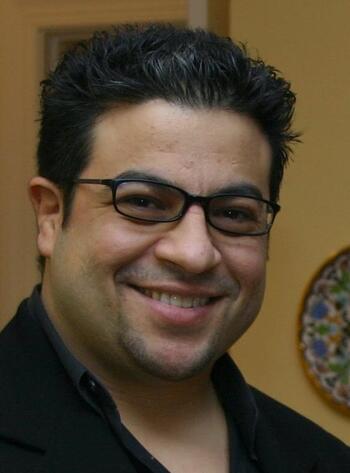Michele Gelfand
Stanford Graduate School of Business
655 Knight Way
Stanford, CA 94305
Michele Gelfand is a Professor of Organizational Behavior at the Stanford Graduate School of Business and Professor of Psychology by Courtesy at Stanford University. Gelfand uses field, experimental, computational, and neuroscience methods to understand the evolution of culture — as well as its multilevel consequences for human groups. Her work has been cited over 20,000 times and has been featured in the Washington Post, the New York Times, the Boston Globe, National Public Radio, Voice of America, Fox News, NBC News, ABC News, The Economist, De Standard, among other outlets.
Gelfand has published her work in many scientific outlets such as Science, the Proceedings of the National Academy of Sciences, Proceedings of the Royal Society B, Psychological Science, Nature Scientific Reports, PLOS 1, the Journal of Personality and Social Psychology, Organizational Behavior and Human Decision Processes, Academy of Management Review, Academy of Management Journal, Research in Organizational Behavior, Journal of Applied Psychology, Annual Review of Psychology, American Psychologist, Journal of Cross-Cultural Psychology, Current Opinion in Psychology, among others. She has received over 13 million dollars in research funding from the National Science Foundation, Department of Defense, and the FBI.
She is the author of Rule Makers, Rule Breakers: How Tight and Loose Cultures Wire the World (Scribner, 2018) and co-editor of the following books: Values, Political Action, and Change in the Middle East and the Arab Spring (Oxford University Press, 2017); The Handbook of Conflict and Conflict Management (Taylor & Francis, 2013); and The Handbook of Negotiation and Culture (2004, Stanford University Press). Additionally, she is the founding co-editor of the Advances in Culture and Psychology Annual Series and the Frontiers of Culture and Psychology series (Oxford University Press). She is the past President of the International Association for Conflict Management, past Division Chair of the Conflict Division of the Academy of Management, and past Treasurer of the International Association for Cross-Cultural Psychology. She has received several awards and honors, such as being elected to the National Academy of Sciences (2021) and the American Academy of Arts and Sciences (2019), the 2017 Outstanding International Psychologist Award from the American Psychological Association, the 2016 Diener Award from the Society for Personality and Social Psychology, and the Annaliese Research Award from the Alexander von Humboldt Foundation.







